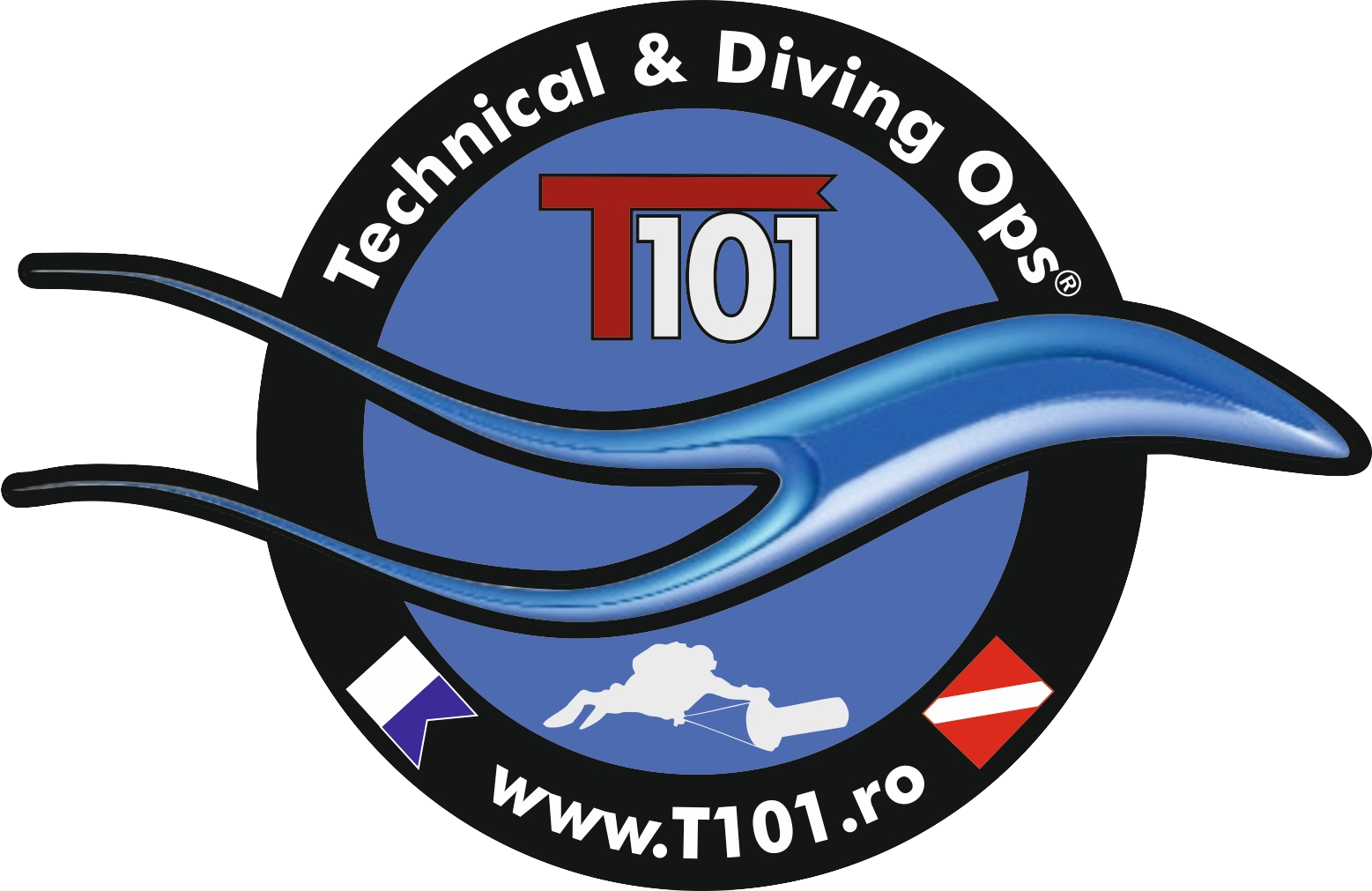Each person has a vice and smoking is one of them for some of them.
Hardly combated, smoking is losing the war due to massive education and laws which are restricting public activities that are affecting the health of others.
Smoking is irrefutable bad. Bad for the person smoking, bad for the people around (second hand “smokers”) and even for the unborn ones (third hand “smokers”). Studies are conducted all over the World, results can be found quite easily on the internet.
Based on the above statements and huge information we have in our hands, is quite clear that diving and smoking are not compatible. And therefore, highly not recommended.
Below are few, just few links in which various sources are talking about the inappropriate relation between smoking and diving:
https://thedivelab.dan.org/2014/01/23/medicinal-nicotine-and-diving/
http://www.alertdiver.com/Vaping-and-Diving
https://www.dansa.org/blog/2016/12/15/smoking-diving
https://dtmag.com/thelibrary/smoking-diving-bad-combination/
https://www.aqua-med.eu/fileadmin/documents/medicine/tauchen-und-rauchen_gb.pdf
https://www.gue.com/impacts-smoking-diving
Some agencies even claim to prohibit smoking for their members (GUE).
ANDI is addressing in their technical manuals:
“the diver should refrain from smoking to keep the lungs clear and keep carbon monoxide, a by-product of tobacco smoke, from reducing the oxygen-carrying capacity of hemoglobin. All drugs, alcohol and even non-prescription drugs, i.e. decongestants, antihistamines, cold capsules, etc. should be avoided for at least 12 hours prior to diving.“
In combination with dehydration, heat, physical fitness level, unfavorable medical history, age, etc, smoking may increase the chances of a DCS.

Some studies show that the navy divers are not so heavily affected by smoking and this is mainly due to the intense physical activities part of their complex training.
In high performance sport activities, there are many studies, some of them with even controversial results:
Team Sport Participation and Smoking: Analysis with General Growth Mixture Modeling
Cigarette smoking: an underused tool in high-performance endurance training
Smoking and Physical Activity
Physical exercise, sports, and lung function in smoking versus nonsmoking adolescents
And to not forget the latest “trend”… vaping:
Health Risks of E-cigarettes, Smokeless Tobacco, and Waterpipes
Electronic Cigarettes (E-cigarettes)
Quick Facts on the Risks of E-cigarettes for Kids, Teens, and Young Adults
and the banning process in some states around the World: Israel, India, US / Massachusetts, etc…
And the list can go on for long…
Not to mention the billions of cigarette butts polluting the seas: https://www.nationalgeographic.com/environment/2019/08/cigarettes-story-of-plastic/
The point of my above introduction is going this time into another direction:

Smoking while diving activities is ethical and moral correct?
Let’s first clarify what is what.
As per Britannica, „both morality and ethics loosely have to do with distinguishing the difference between “good and bad” or “right and wrong.” Many people think of morality as something that’s personal and normative, whereas ethics is the standards of “good and bad” distinguished by a certain community or social setting.”
We, as professional, have the duty to correctly inform our students and clients about all sides of the activity in progress. During the training, during preparation of the equipment, during briefing and debriefing etc. We should conduct our activities always at the highest standard, exceeding the minimum required by the training agency. Not because the agency is asking for (or imposing) but because we are pro and we look for more, better and higher.
We should show at all the times that we are professionals by the way we act, and we should lead by example. You cannot explain in a basic Open Water Diver class the function of lungs and gas exchange (oxygen, nitrogen and carbon dioxide to mention few), and smoking while gearing up (or even with the wet suit on between the dives). At a higher-level course, this is already beyond acceptance.
In his very well-documented blog, Gareth Lock is explaining the concept of „you don’t know what you don’t know” – worth reading it here: https://www.thehumandiver.com/blog/incompetent-and-unaware-you-don-t-know-what-you-don-t-know . Could be that the professional simply… don’t know?!? Maybe. But honestly… hard to believe. And even harder to accept after years of a “pro-level” career.

In order to keep our students aware of various aspects involving human factors, all technical diving courses conducted by myself are incorporating the “Human Factors Skills in Diving – Micro-class”. The online short course is highly recommended to any divers who want to understand more about what is behind the front line of human psychology.
Returning back to my debate…it is ethical and moral as a professional diver (Instructor, Divemaster), to smoke in front of your students?
If is to translate it into Britannica’s meanings, smoking in the front of your students or customers is both bad (ethical) and wrong (professional).
Bad because is showing lack of respect towards your clients (who might know less or why not, more than you regarding the aspects of smoking & diving) and bad because you do exactly opposite what you should do as a leader: teach the new generation of divers to be a good divers in all meanings.
Is this (smoking in the front of divers while diving activity in progress) a final criteria to analyze if an instructor/divemaster is a good professional?
Not necessarily, as there are many other aspects makes a diver to be a real pro.
In the very end… any factor which may negatively influence the team’s safety may affect you too. Therefore, in diving is never enough to take all safety measures possible in order to ensure a successful dive: return back to family and friends, share great memories and do some other adventurous diving plans!
Till then, dive safe, be safe, and stay fit!
Costa
ANDI IT, SDI/TDI/FRTI – PADI – DDI – EFR – DAN Europe Instructor


